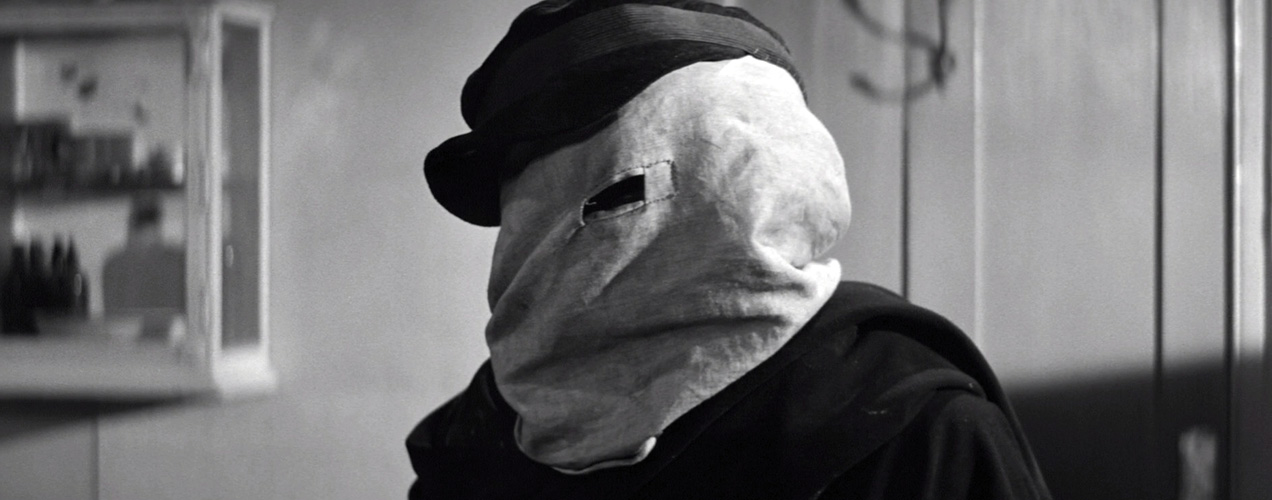1980 / David Lynch > When dealing with subject of such social sensitivity as Joseph Merrick, the so-called “Elephant Man,” directors are put in a very tight spot: They can either go balls-out with sympathetic adoration, or stay back and reduce the emotions in order to portray the objective viewpoint. Lynch, as confident and masterful has he thinks he is, tries to combine the two into proving a fuller experience. It’s unfortunate, then, that I personally just didn’t find much satisfaction in his overall presentation. Save for the famous “I am not an animal!” cry, I found The Elephant Man mostly uninteresting, if well-made. The question we have to ask as viewers is fairly simple: Was Merrick actually an interesting person? Is he worthy of being made a film about? Or are we falling into the same trap as circus goers and simply praising a film because it involves a deformed man of possible intelligence, and we simply cannot be caught failing to extend our hearts to him?
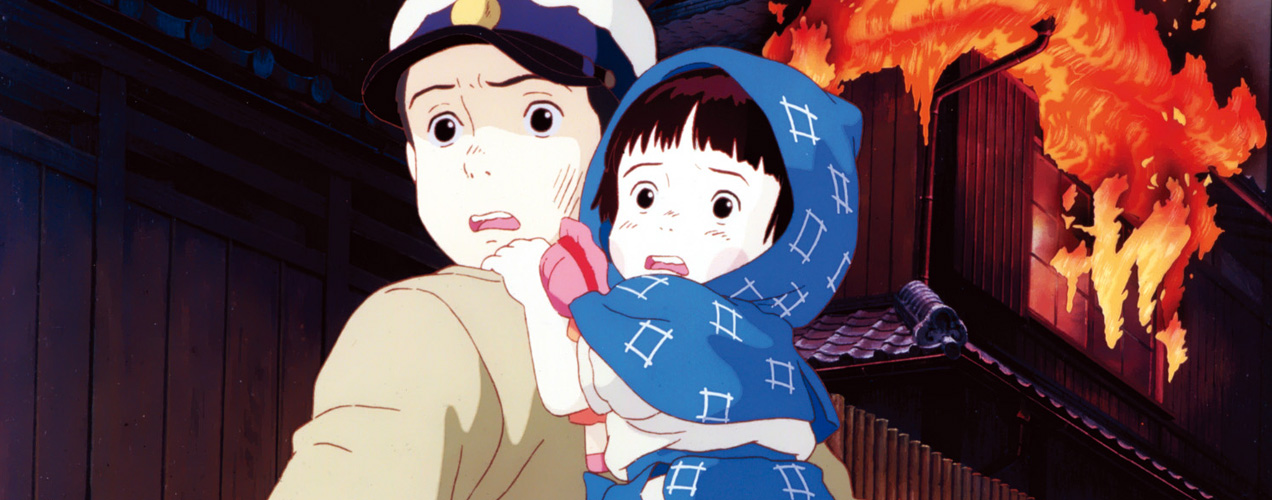
Grave of the Fireflies
1988 / Isao Takahata > War’s tough business, and fallout from the bloodshed affects everyone involved. Bravely and tastefully, cinema has over time tried to convey such moral dilemmas and barbaric vengeance, but once in a while, a movie comes along that makes the viewer feel dirty for the wrong reasons. Widely acclaimed for its animated portrayal of two young, Japanese orphans in World War II, Grave of the Fireflies has made me feel that way. It’s easy to justify the film’s bleak, helpless nature as a dose of realism, but I’d go as far as to say that it plays on the sensitivities of those who have dealt with wartime struggles. It manipulates the viewer without substantiating the emotions. Akiyuki Nosaka, on whose novel the film is based, was himself inspired out of sheer guilt for failing to support a family member. This guilt is what’s now being projected on the hapless viewer? That’s unfair, and the director should actually be the one to feel dirty. Our sympathy should be earned, not exploited with the tears of young children.
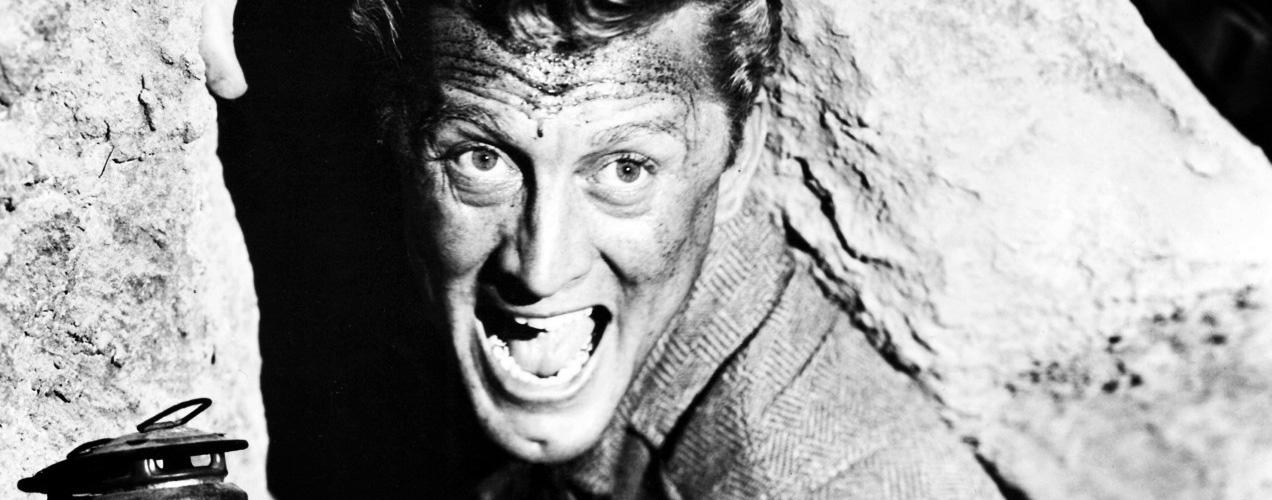
Ace in the Hole
1951 / Billy Wilder > Now, Billy, you’ve failed me here. This story of exploitation may have gotten a rise out of people back in the day, but it’s aged faster than anything else I’ve ever seen by you. Even Kirk Douglas seems like he’s too busy acting to actually play his part. Something about how simple you make everything seem in Ace in the Hole just doesn’t feel right. The morality is too clear cut, and if I really wanted to doubt my conscience, maybe I’d go back to watch the layered Sweet Smell of Success instead! Or am I just feeling backlash to the sudden sprouting of liberal guilt in our current media environment?

Departures
2008 / Yojiro Takita > It’s so fitting that when the Academy finally honors an Asian work with the Oscar for Best Foreign Language Film, the crown is worn by a bastion of studio-laced mediocrity. Departures reminds you over and over that you’re watching a carefully directed art film that has symbolism and emotions and all that other good stuff that separates it from the barrage of mainstream dramas. But as successful as it is in conveying the little artifacts of daily life, it’s equally as frustrating in forgetting to treat the viewer with the kind of respect necessary for this to be a mutually enjoyable experience. There’s an elegant humanist setup to the whole show that gets sideswiped in the second half by an overarching approach of connect-the-dots that has just enough edginess to garner an awards shower that’d even make the Weinsteins proud. In a year where Japan had a couple of far better films (All Around Us, Tokyo Sonata), it’s sad that the global audience will judge the market with this caricature of human development.
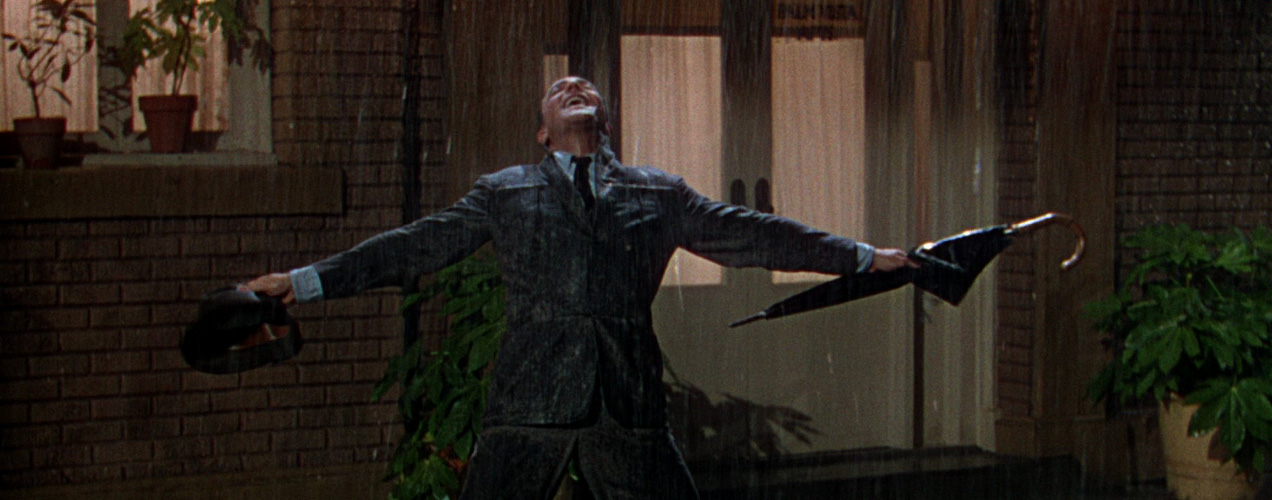
Singin’ in the Rain
1952 / Stanley Donen & Gene Kelly > With the possible exception of Cary Grant, I can’t imagine anyone more suave than Gene Kelly in classic cinema. He’s got the type of charisma that makes movies, careers and eventually legends, and he puts it all on display in Singin’ in the Rain. The fact that the famous title sequence was actually performed when the actor had a 103° fever just makes it that much more extraordinary. But as a film, you can often tell that the story itself was written to match the musical numbers. But let’s face it: You don’t watch this for plot, you watch it to see Kelly and Debbie Reynolds and Cyd Charisse dance and sing and dance again. For that, it’s absolutely dandy. In fact, the wondrous Broadway sequence, with its innovative set designs and dazzling colors, is alone the worth the price of admission.

Casino
1995 / Martin Scorsese > There is no Henry Hill in Casino, and that kills it. Scorsese had a hook in Goodfellas with Ray Liotta’s Hill as a guy you could cheer for. Someone caught up in the shebang and rightfully taking advantage of it. Someone you could like. But this three hour long venture finds Joe Pesci another despicable gangster to play, but one that isn’t counter-balanced. Throw in the working girl-cum-druggie, deceitful wife in Sharon Stone’s Ginger and the scales just tip in ways from where there is no retribution. Why is that so troubling? Because this is, technically, a fantastic piece of work. The production may be one of the finest the director’s ever put on, and that’s why its mediocrity is so tragic. I just didn’t care about anyone. I needed my Henry Hill.

It’s a Wonderful Life
1946 / Frank Capra > The television stations loved playing this every Christmas when I was growing up, but I never actually saw the whole thing. The moments I caught here and there over the years, I somewhat fused together, but until now, I never really understood the mythology of George Bailey. Consider this a spiritual companion piece to Memories of Matsuko: Sometimes the things that we want to do weren’t meant for us to begin with. Luck and circumstance are part of the game, and It’s a Wonderful Life shows us the grass doesn’t always have to be greener in order for a happier day. It’s highly manipulative, but ironically not nearly as sentimental as one would expect. By the end, we don’t really care because the manipulation was for a positive cause, because without it the modern moviegoer may be too cynical to enjoy a scene of sincere, unexpected happiness and joy. Could they make this now? I doubt it, but I’m happy that its spirit has barely aged in over half a century.
Taken
2008 / Pierre Morel > The story of a retired Jason Bourne-type going after sex traffickers who’ve kidnapped his daughter. How could I resist? Liam Neeson is nothing short of a bad ass in the follow-up to Morel’s parkour-actioner District B13. No punches are pulled, and lots of disbelief are suspended. The man’s on a mission, okay? It doesn’t matter that he’s taking out 13,216 baddies in a foreign country. He can do it, and you can’t stop him. It’s his daughter! In a sex slave trade! It’s just not right! But seriously, it’s a fantastic adrenaline ride that gets the benefit of the doubt when it comes to plausibility. Jason Bourne would be proud.
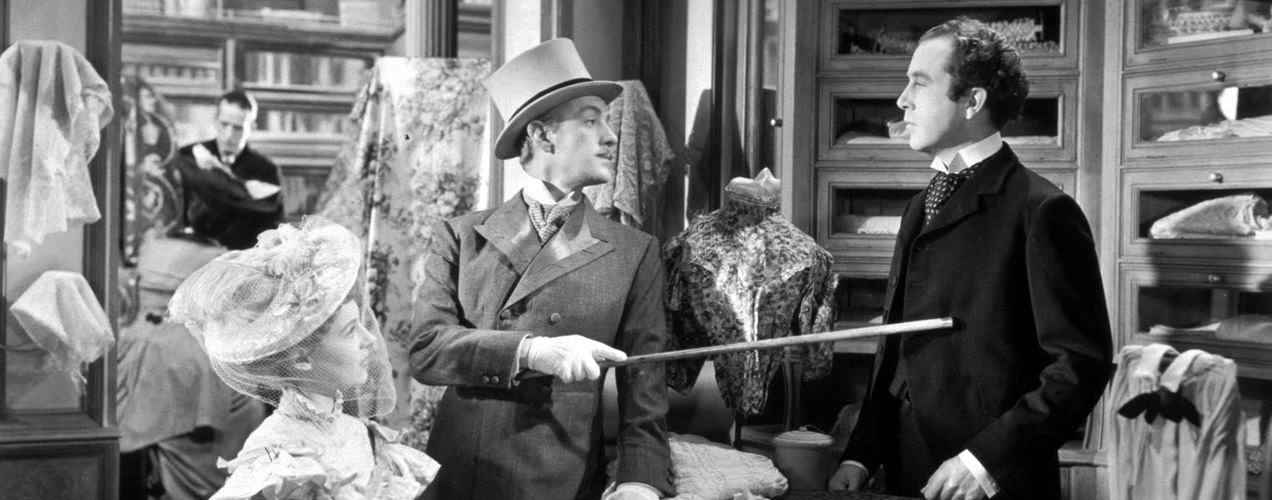
Kind Hearts and Coronets
1949 / Robert Hamer > As a pleasantly told story of lineage-based revenge, Kind Hearts and Coronets is chockful of smile-enducing comedic moments that point towards the brilliant, charismatic performance of star Dennis Price and the multiple personas of Obi-Wan Kenobi. Wait, what? To be specific, Alec Guinness plays eight different roles in the Ascoyne family tree that’s the target of Price’s ascension to dukeship, and each is played with hilarious aplomb. It’s a well-made dark comedy, though I can’t help but think that the straightforward manner of its storytelling holds it back from being a far better film. The story is purposefully predictable (as the many hints would indicate), but I find that a bit of a cop-out. Had Hamer insisted on a more novel approach to the film’s progression, it wouldn’t simply be an issue of “Who’s next?”
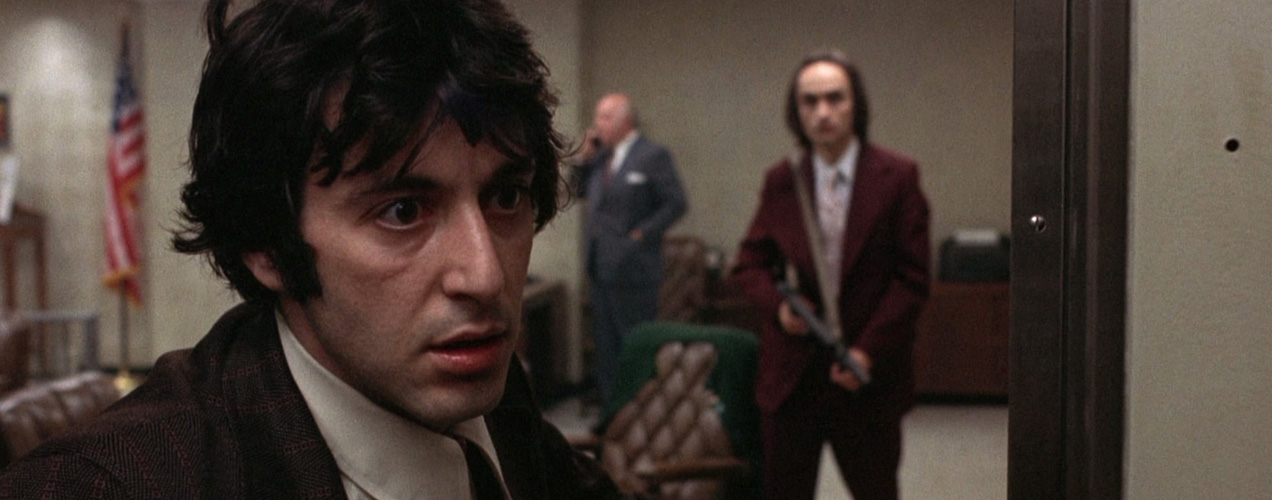
Dog Day Afternoon
1975 / Sidney Lumet > Bleaker than it initially comes off, Dog Day Afternoon is a scriptwriting achievement by Frank Pierson (who was rightfully awarded an Oscar for it). It head-on attacks society and the system in cleverly underhanded ways (i.e., who could have imagined a gay rally challenging the likes of Harvey Milk?) without being whimsical or, more importantly, impractical. It’s harsh but loving, and Lumet’s direction is nothing short of just right. Nothing really feels forced, and the phone call between Chris Sarandon and Al Pacino (fully improvised, amazingly) is a testament to the heart of the film.

